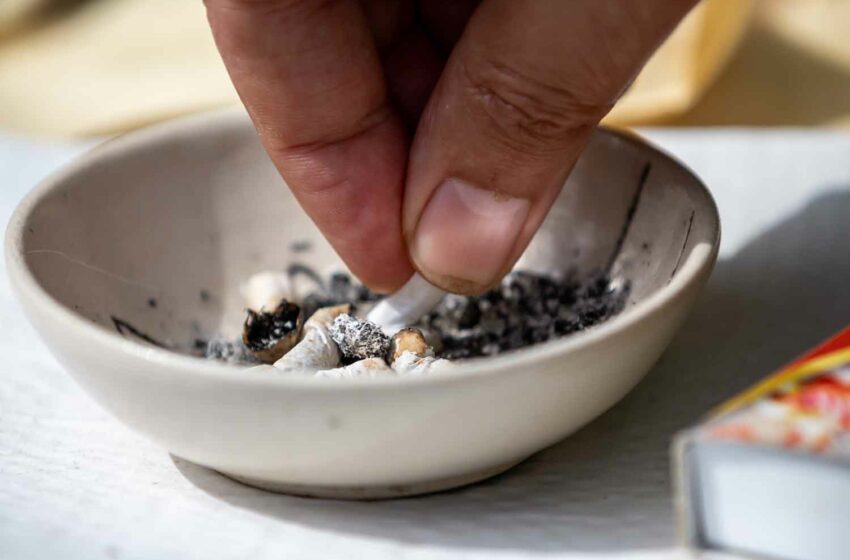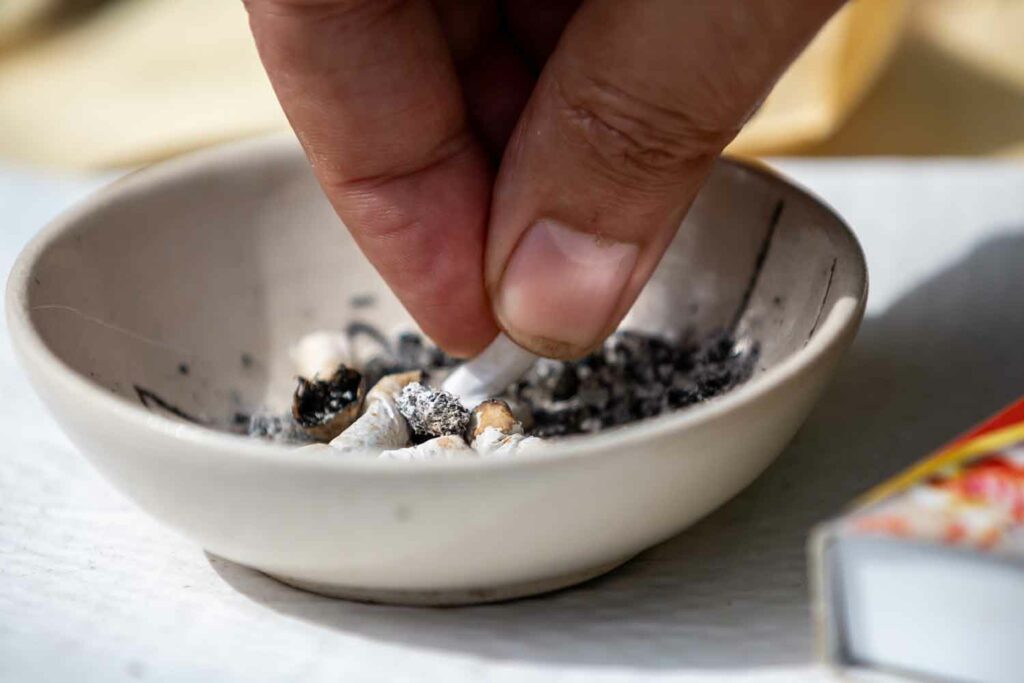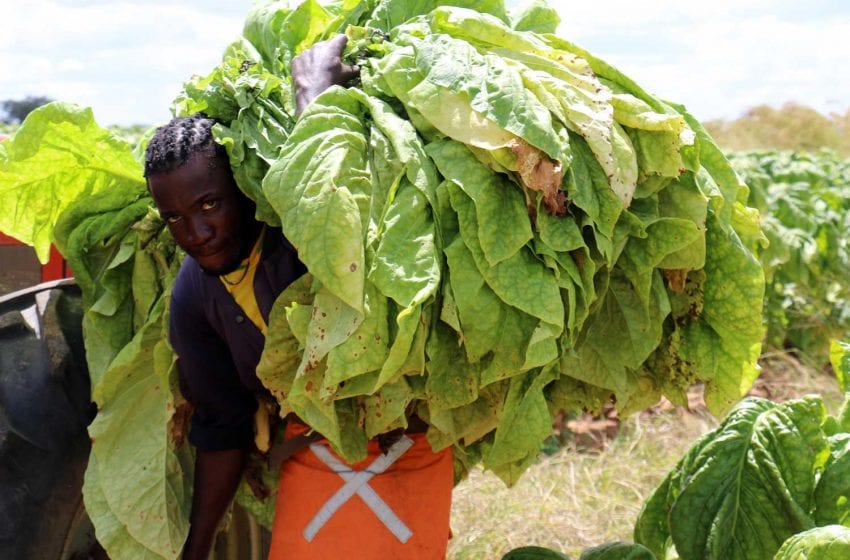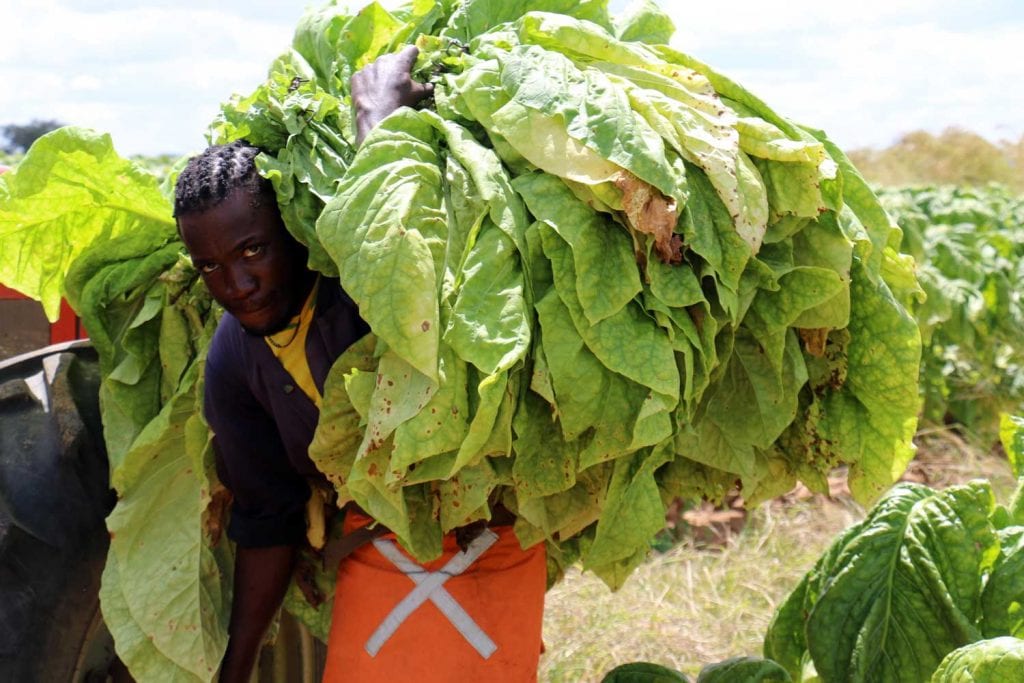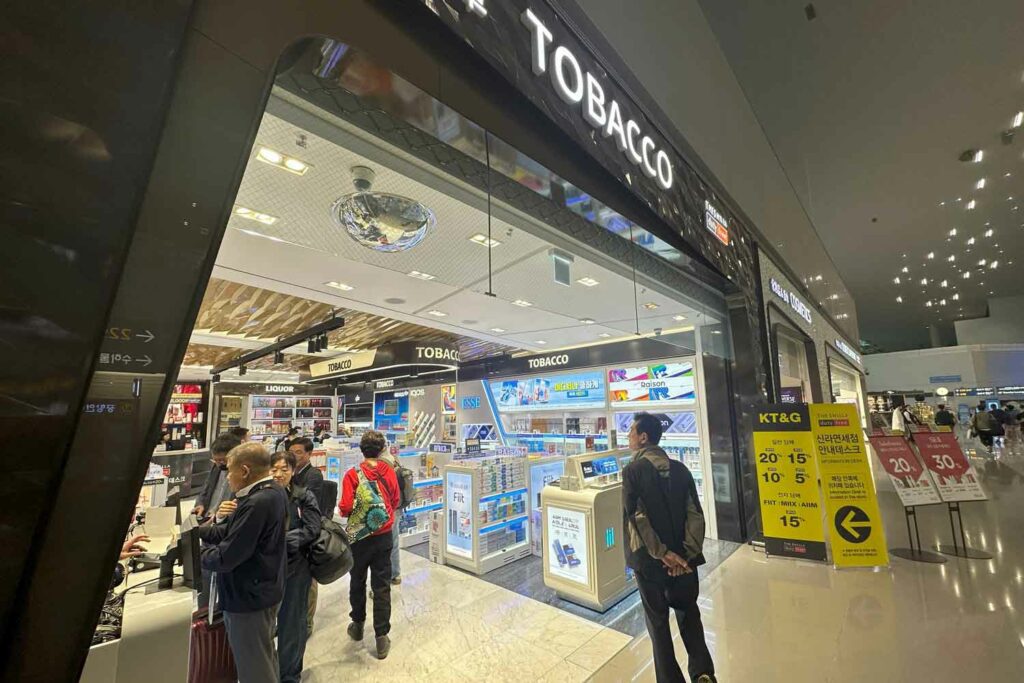
KT&G reported record revenue of KRW1.69 trillion ($1.29 billion) for the quarter that ended Sept. 30, 2023. This reflects a 4 percent increase from the same quarter last year. Operating profit rose 0.3 percent to KRW406.7 billion despite cost headwinds.
Solid performance in combustible business drove the revenue growth as the company’s total combustible revenue, including both overseas and domestic sales, jumped to KRW972.7 billion, a 3 percent increase year-on-year. Operating profit from combustible products recorded KRW269.4 billion, up 0.6 percent year-on-year.
Overseas combustible business delivered impressive growth across all key metrics, including sales volume and revenue. KT&G’s overseas combustible revenue increased 26.3 percent to KRW321.6 billion, and the sales volume recorded 14.82 billion sticks, up 21 percent year-on-year. The double-digit growth in revenue and sales volume of overseas combustible products was mainly driven by strategic pricing and combined growth across export and overseas subsidiary volumes.
The heat-not-burn business also recorded a double-digit increase in both domestic and overseas sales figures. KT&G sold 1.45 billion sticks in the domestic market and 2.03 billion sticks in overseas markets, which represents 13.3 percent and 22.3 percent growth year-on-year, respectively.
In the third quarter, KT&G’s primary focus was on enhancing its financial performance by strengthening the global competitiveness of its core business areas. As part of the effort, KT&G made significant investments in Indonesia and Kazakhstan in September and October.

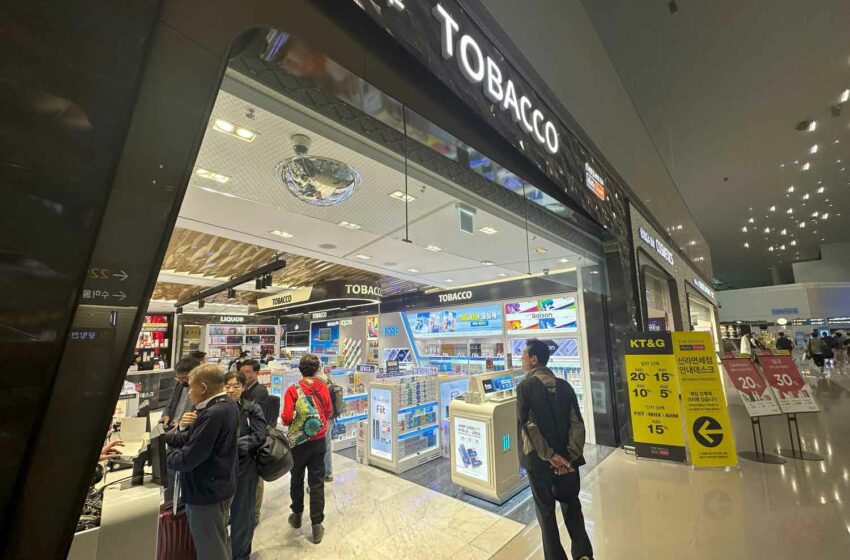



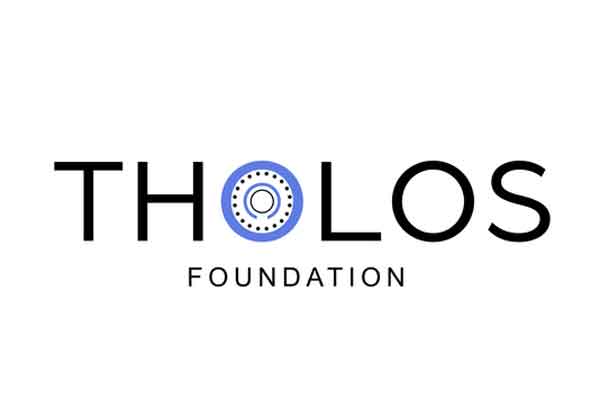
 The Tholos Foundation, in partnership with Japan-based Pacific Alliance Institute and Sweden-based consulting firm Scantech Strategy Advisors, has released a policy paper,
The Tholos Foundation, in partnership with Japan-based Pacific Alliance Institute and Sweden-based consulting firm Scantech Strategy Advisors, has released a policy paper, 

